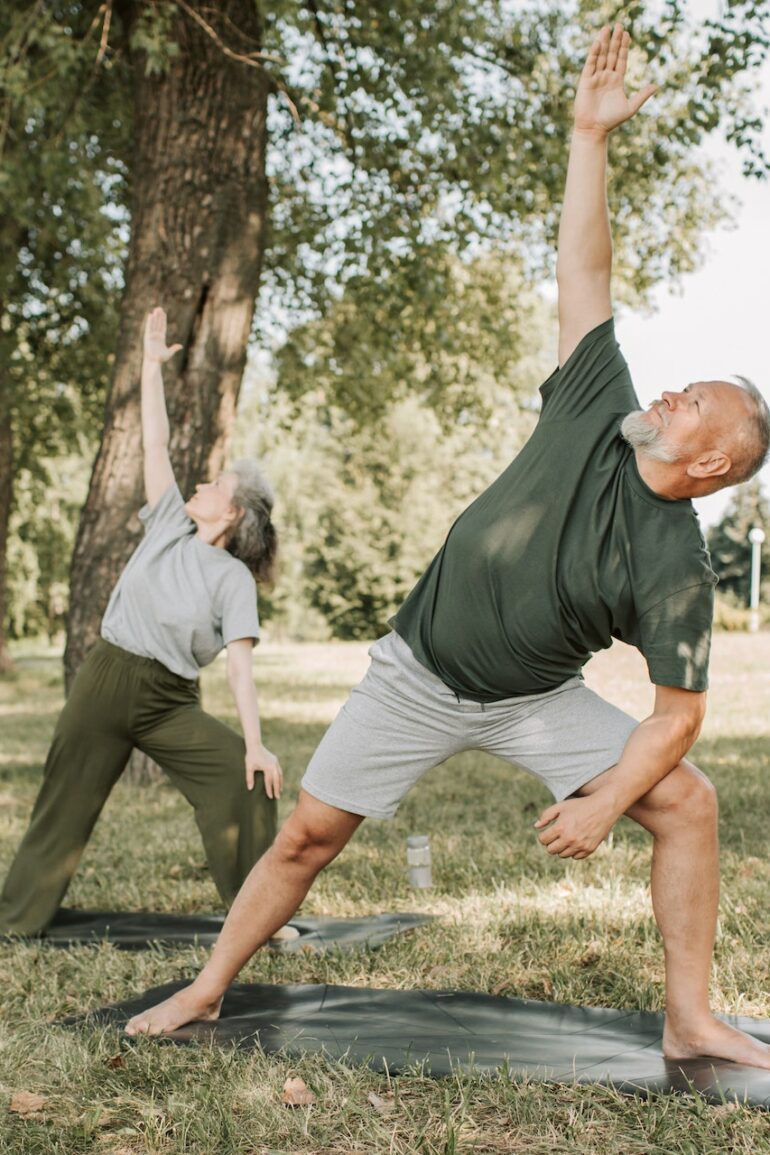Table of Contents
Summary
People reading this article may be asking about the benefits of vitamin D and its sources. Also, individuals interested in vitamin D may wonder whether it is a good supplement to include in the diets of people with medical conditions.
This article will give you information about the potential benefits of vitamin D, as shown in the latest studies. This write-up will also talk about the vitamin content of cod liver oil and how it can help people who need vitamin D.
Vitamin D is a fat-soluble vitamin. Like fat, it dissolves in organic solvents, is absorbed by the body, and is transported to the different body parts.
Researchers believe that the lack of vitamin D can result in muscle weakness, fatigue, and depression in noncancer patients. It’s important that we add vitamins and minerals to our diet that may improve body functions that can contribute to our quality of life.
Is Vitamin D Beneficial for the Body?
Vitamin D, or the “sunshine vitamin,” is essential for the body. It helps in many ways, and having adequate amounts of it can result in physical benefits.
Having enough sunlight has long been linked to good health. Even in historical records, getting enough sunlight seems to help reduce maladies and brighten a person’s disposition and overall well-being.
Skin exposed to sunlight produces vitamin D(2), making people feel lively and healthy when basking under the sun.
Researchers are paving the way to discovering more about the benefits of vitamin D, especially in today’s modern world, where some diseases are slowly being linked to vitamin D deficiency.
Research shows the following benefits of vitamin D in the body:
- Beneficial for bone growth: The primary component of bone is calcium, but the body can’t produce this mineral. Calcium is absorbed by the bones only when vitamin D is present(3).
Studies have also shown that low vitamin D levels in the body may increase the likelihood of fractures in older adults(4). However, proof of this connection between bone development and amounts of vitamin D still needs to be researched.
- Beneficial for the immune system: Researchers are interested in the potential benefits of vitamin D on the immune system. A 2017 study published in the British Medical Journal showed that high vitamin D levels might provide some level of protection against respiratory tract infection(5).
- Beneficial for the heart: Cardiac muscles have vitamin D receptors that regulate the heart’s immune and inflammatory cells, keep the arteries flexible and relaxed, and help control high blood pressure(6).
- Beneficial for mental health: Observations on people with low vitamin D levels show a higher risk of developing dementia than those with higher levels of this vitamin in their blood(7).
- Beneficial for type 2 diabetes prevention: Studies, though still inconclusive, show a link between high vitamin D levels in the blood and a lower risk of type 2 diabetes development(8). This link is a potential marker for researchers looking for ways to further use vitamin D in treating diseases that still have no cure.
- Beneficial for cancer prevention: Epidemiologic studies have yet to show conclusive evidence linking vitamin D to reducing cancer risk.
Researchers believe that individuals with high levels of vitamin D in the blood could have benefited from their other healthy behaviors than from vitamin D alone(9).
One study showed the possible positive effects of calcitriol, an active form of vitamin D, in people with mesothelioma(10). Still, further studies are needed to arrive at a conclusion.
Products Rich in Vitamin D
Here are some products rich in vitamin D. However, despite the claims offered by the manufacturers of these supplementary products, it’s best to always consult a physician before taking the following food sources:
Fish and its oils are known to be rich in vitamin D(11). These include:
- Cod liver oil
- Salmon
- Swordfish
- Tuna fish
- Sardines
Cod liver oil has long been a great source of vitamin D3. Combined with omega-3 found in fish oil, it can help in bone development, reduce cholesterol levels and blood pressure, and even help prevent cancer(12).
Aside from eating fish, people can also get adequate amounts of vitamin D from the following sources:
- Orange juice with vitamin D fortification
- Dairy and plant milk with vitamin D fortification
- Sardines
- Beef liver
- Egg yolk
- Fortified cereals
Lastly, the sun’s ultraviolet light is an excellent source of vitamin D, which is why it’s also called the “sunshine vitamin(13).” When the skin is exposed to sunlight, it produces vitamin D.
Some people don’t get enough sunlight and thus risk having vitamin D deficiency, which is why many look into taking vitamin D supplements for their daily needs.
While clinical studies have shown vitamin D’s potential benefits, it’s still considered supplementary and complementary. Consulting a doctor before taking supplements is crucial.
In cases of cancer, where certain supplements may interfere with the effects of chemotherapy, a doctor’s supervision is highly advised.
References
- Preliminary Report: Vitamin D Deficiency in Advanced Cancer Patients with Symptoms of Fatigue or Anorexia
https://www.ncbi.nlm.nih.gov/pmc/articles/PMC3233299/
- Benefits of Sunlight: A Bright Spot for Human Health
https://www.ncbi.nlm.nih.gov/pmc/articles/PMC2290997/
- The role of vitamin D in maintaining bone health in older people
https://www.ncbi.nlm.nih.gov/pmc/articles/PMC5367643/
- Vitamin D supplementation to prevent acute respiratory tract infections: systematic review and meta-analysis of individual participant data
https://www.bmj.com/content/356/bmj.i6583
- Ibid.
- Ibid.
- Vitamin D and Cancer Prevention
https://www.cancer.gov/about-cancer/causes-prevention/risk/diet/vitamin-d-fact-sheet
- Calcitriol Inhibits Viability and Proliferation in Human Malignant Pleural Mesothelioma Cells
https://www.ncbi.nlm.nih.gov/pmc/articles/PMC7579995/
- The Nutrition Source
www.hsph.harvard.edu/nutritionsource/vitamin-d/
- Vitamin D: The “sunshine” vitamin
https://www.ncbi.nlm.nih.gov/pmc/articles/PMC3356951/
Aging is associated with declining mobility and daily functioning
Coming out is a complex, personal process that happens
If you’ve had skin cancer and have recently undergone




